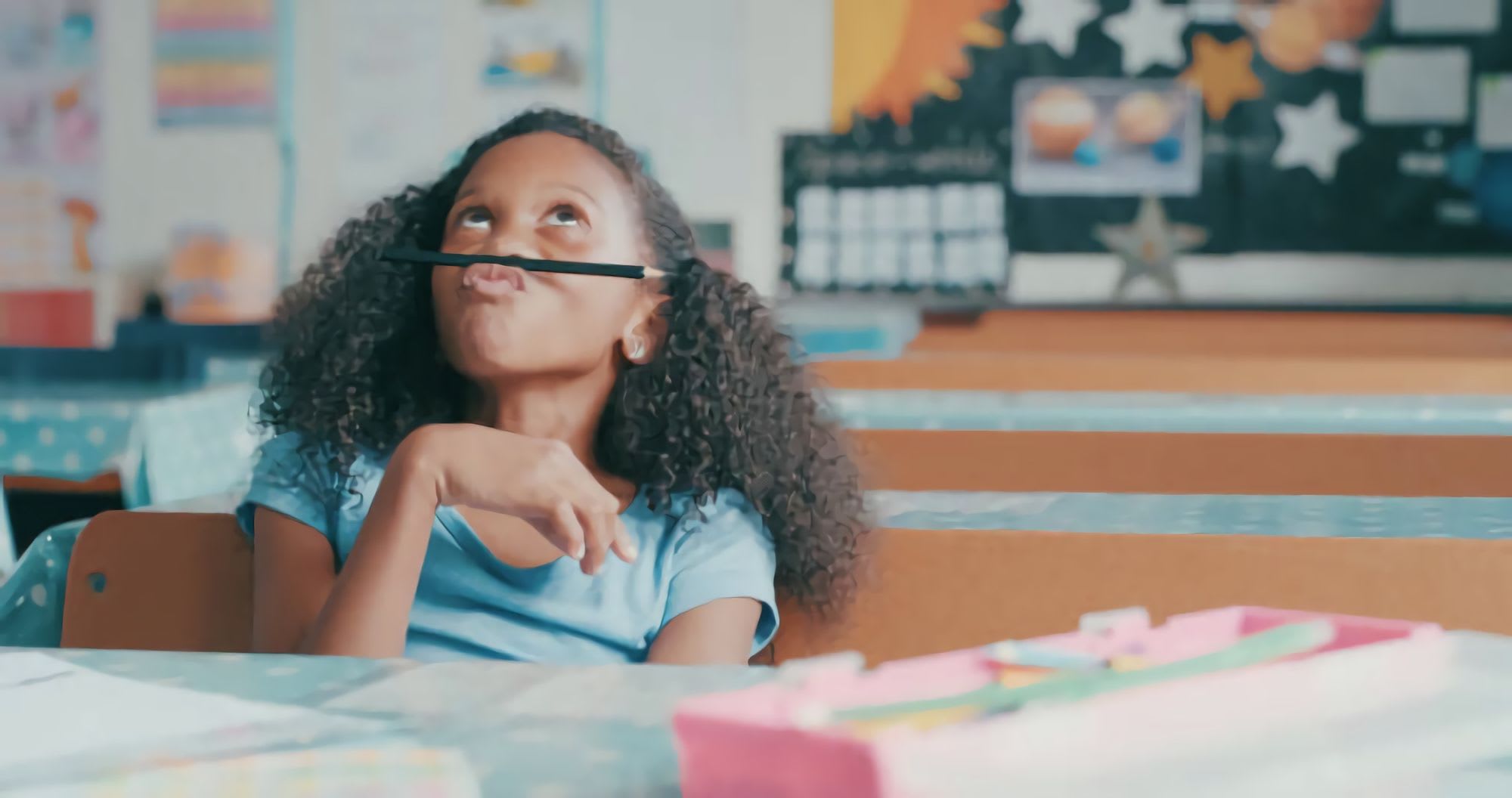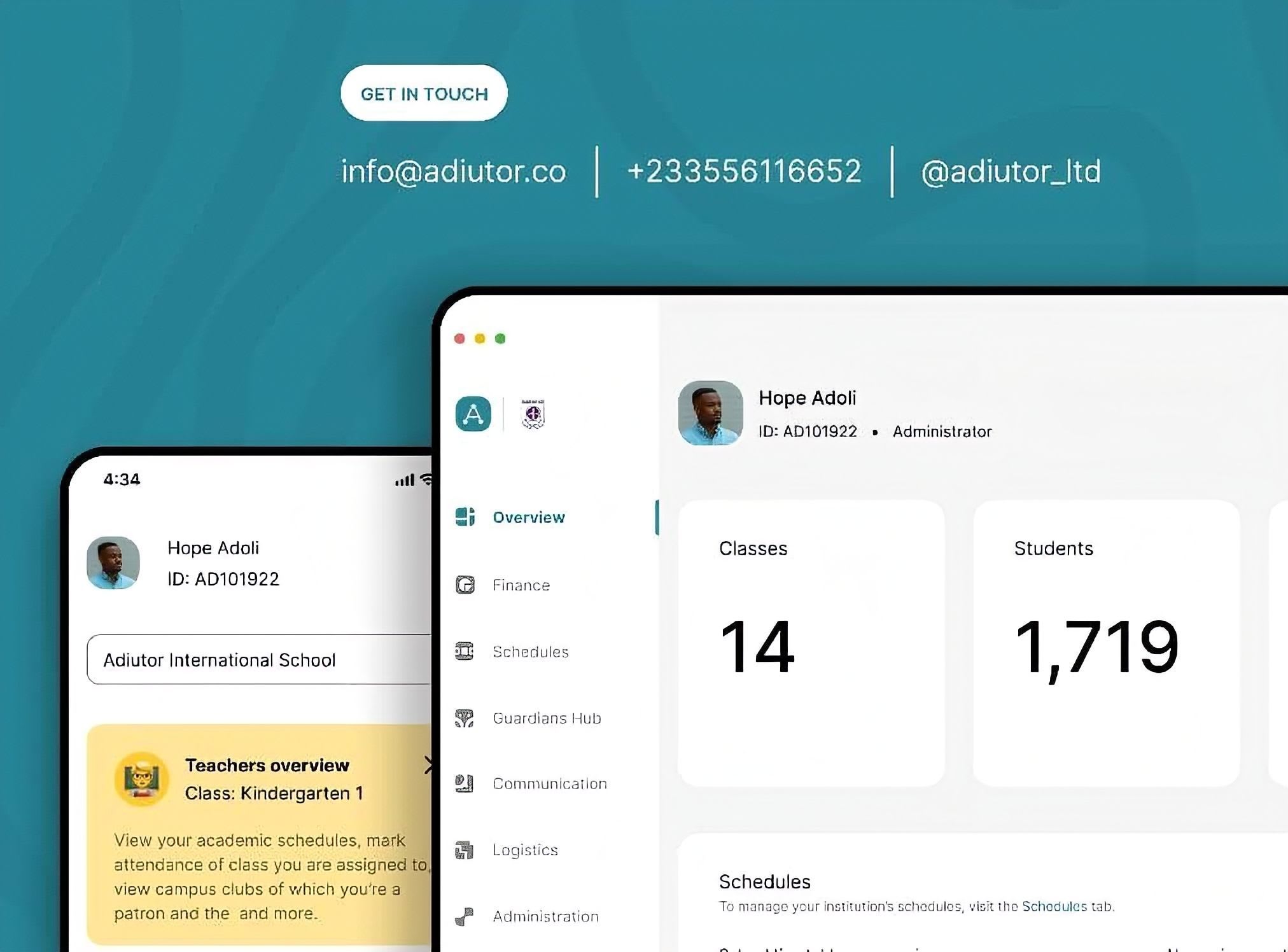5 tips to help a student/child who easily gets distracted
It's not uncommon to find yourself wanting to reach out and pick up your child/student, or at least ask them if they need help focusing. This is because students differ in their level of distractibility, so it's important that teachers and parents alike know how to handle it.

Lessons learnt: We can't do big things if we're easily distracted by the small things
It's not uncommon to find yourself wanting to reach out and pick up your child/student, or at least ask them if they need help focusing. The problem is that you may feel like the solution isn't always going to be simple. This is because students differ in their level of distractibility, so it's important that teachers and parents alike know how to handle it.
Students may experience:
- Difficulty with attention span. Attention span is the ability to pay attention for a long period of time and maintain it without being distracted. This can include difficulty following directions, completing tasks on time, or even staying awake at night due to lack of sleep.
- Difficulty focusing on one task at a time. This can be because they are easily distracted by many things going on around them (e.g., their phone). It may also mean they cannot finish what they start because their mind wanders off into other topics or thoughts before finishing anything important enough for completion
What parents and teachers can do to help.
- Create a schedule. If your student/child has a hard time focusing, it may be helpful to have them create their own schedule so they know what they need to focus on each day and give them something concrete to do with their time. This can help them feel more in control of their work, which will make them more likely to succeed at school.
- Help them with self-monitoring. Self-monitoring is a strategy that teaches students to self-assess their behavior and record the results. Though it does not create new skills or knowledge, self-monitoring does increase or decrease the frequency, intensity, or duration of existing behavior. It also saves teachers time monitoring students’ behavior. Self monitoring for Attention techniques (SMA) is great for students who might be easily distracted, get up from their seats, bother other students, or fiddle with objects. The student can monitor the frequency or duration of these behaviors.
- Help them with focusing on one thing at a time. Turn off the TV or go to a quiet area away from other people who are talking. Get rid of clutter in a work space.
- Help them with staying on task and not getting distracted by other things around them. Keep them engaged with active listening techniques. Active listening requires you to listen attentively to a speaker, understand what they're saying, respond and reflect on what's being said, and retain the information for later.
- Set goals for your child so that he/she knows what needs to be accomplished in order for him/her to feel successful in his/her schoolwork or extracurricular activities like sports or clubs. The best way for parents and teachers to help students stay focused is by setting specific goals together since most kids don't know how long it will take them until they achieve those goals yet!
Helping come up with something that motivates them. If your child doesn't like homework or studying for tests but does enjoy doing other things like playing video games or watching TV shows on Netflix (or even just hanging out with you), try finding an activity that doesn't require much attention from him/her in order for it not to get boring quickly enough where he/she would lose interest altogether! The key here is finding activities that both motivate him/her while also keeping him/her away from distractions.
So that’s the big takeaway for you: if your child has trouble focusing, try these tips on how to help them focus. If some of this don't work, it’s OKAY! Don’t feel like you need to try everything in one day. But don't give up because this could really help your child/student succeed at school and other activities outside of it too!

Adiutor
Adiutor means "helper" - we do just that, by taking a load of your school administration and helping you focus on what matters most: the kids.
